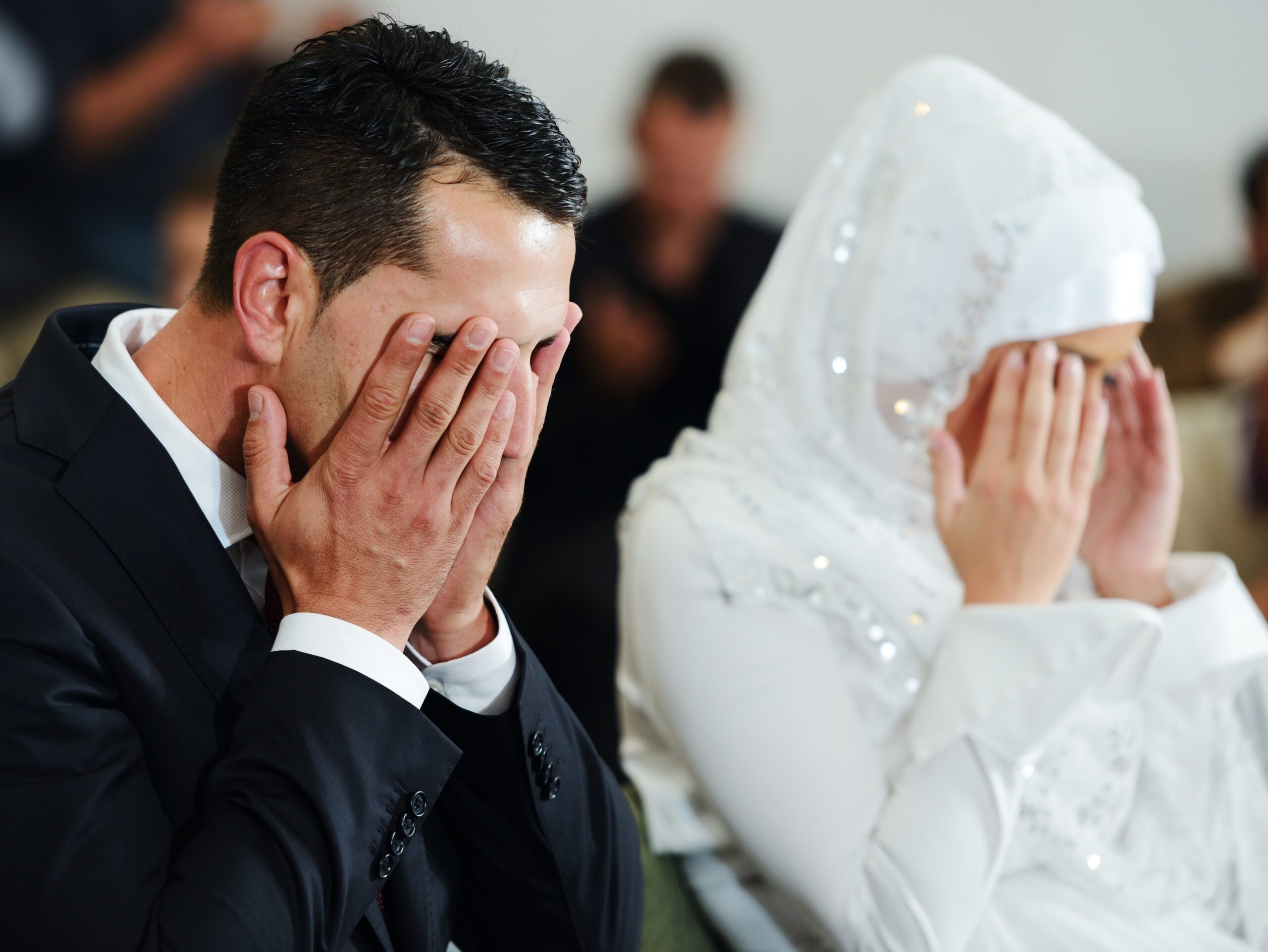The holy tie of marriage has a specific position in the complicated web of human interactions. However, the road to marriage is not without its difficulties. Islamic Marriage Counseling emerges as a critical tool for addressing these difficulties while following Islamic beliefs and principles.
Islamic Marriage Counseling offers a one-of-a-kind and comprehensive approach to fostering marital relationships within the framework of Islamic teachings. There are a number of therapy choices that emphasize religion, communication, and emotional well-being, provide couples with a road to negotiate problems, improve understanding, and build permanent peace.
This blog dives into the relevance of these services, emphasizing their role in creating healthy marriages and emotional well-being within the context of Islamic teachings.

What is Islamic Marriage Counseling:
Islamic Marriage Counseling is a type of counseling that focuses on supporting and strengthening marital relationships within the context of Islamic teachings. This type of counseling recognizes the particular obstacles that couples confront and allows them to examine their concerns while embracing Islamic beliefs, values, and teachings.
At its foundation, Islamic Marriage Counseling seeks to assist couples in establishing and maintaining healthy, rewarding, and harmonious relationships founded on religion and mutual understanding. It blends psychological ideas with Islamic teachings to overcome communication breakdowns, disagreements, and other marital issues.
Faith-Based Approach:
Islamic Marriage Counseling is the foundation of therapeutic alternatives for couples looking to strengthen their marital relationship. This technique, which is based on Quranic principles and Prophetic advice, resolves disputes, communication breakdowns, and interpersonal difficulties while respecting Islamic values like compassion, patience, and empathy.
We bring together the finest of both worlds: religion and psychological knowledge. Our therapists are sensitive to the cultural intricacies and issues that Muslim individuals and couples encounter, ensuring that therapy is customized to their unique requirements while adhering to Islamic beliefs.
Communication Enhancement:
In any relationship, effective communication is critical. Islamic Marriage Counseling focuses on developing communication skills in a faith-based setting. Couples learn to express themselves frankly, listen carefully, and communicate with respect, resulting in a better understanding of their partners’ views, emotions, and needs. Clients may handle problems and enhance their connections by cultivating good communication practices.
Conflict Resolution:
Marriage is bound to have disagreements. Some marital problems never seem to be fixed. Couples in this position are always bickering about the same issue. Conflict resolution enhances a marriage and brings two individuals closer together. Islamic Marriage Counseling teaches couples conflict-resolution techniques that are consistent with Islamic standards. Couples learn to approach disagreements constructively by drawing on Islamic values of forgiveness, understanding, and compromise.
Emotional Intimacy:
Emotional closeness is merely a greater knowledge of your partner. Emotional closeness necessitates partners acting as compassionate detectives – as devoted students of one other. Emotional intimacy is a never-ending process of discovering, comprehending, and empathizing with who your partner is on the inside.
Islamic Marriage Counseling fosters emotional connection by allowing partners to communicate their feelings, weaknesses, and dreams. Therapists assist couples in developing emotional relationships based on faith, empathy, and a thorough knowledge of one another.
Building Trust:
A good marriage is built on trust. When your words and actions are consistent in any critical connection, trust grows. If trust remains a problem despite your efforts, don’t be afraid to seek expert assistance. Options for Islamic Marriage Therapy Through faith-based talks, honesty, and mutual respect, counseling focuses on restoring and deepening trust, providing an environment of emotional safety and security.
Renewed Commitment and Growth:
Islamic Marriage Counseling and Therapy give a road to renewed commitment and progress. These alternatives allow individuals and couples to overcome obstacles, nurture emotional well-being, and begin on a road of continuous progress by blending religion, empathy, and professional experience, which is bolstered by Islamic teachings.
Conclusion:
Islamic Marriage Counseling provides couples with a complete approach to improving their relationships. These alternatives, which combine faith-based concepts, effective communication skills, and emotional well-being, allow couples to manage problems, deepen intimacy, and promote enduring harmony while honoring Islamic values. Couples who seek these therapeutic choices engage on a transformative journey that links their marital relationship with religious beliefs and the search for emotional fulfillment.

